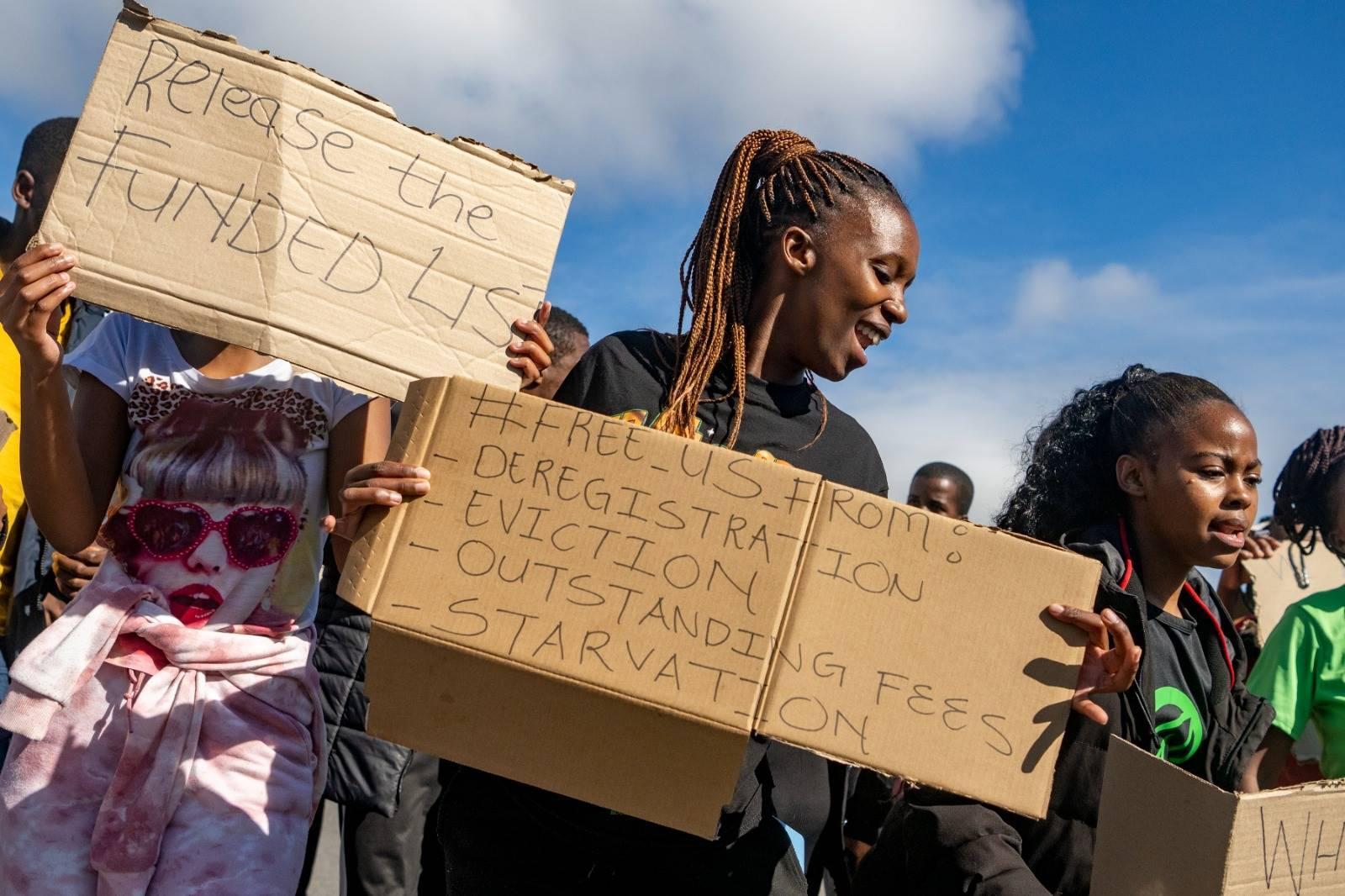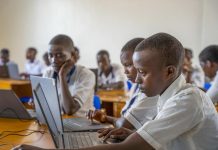Africa-Press – South-Africa. As students prepare for their return to various tertiary institutions, the National Student Financial Aid Scheme (NSFAS) says it has made headway in its efforts to resolve funding issues and that it is paying allowances to about 75% of beneficiaries who were successfully validated.
It is urging institutions to fast-track the submission of registration data to ensure that all beneficiaries are paid in the next payment run, scheduled for 31 July.
The funding issues occurred when the Special Investigating Unit (SIU) conducted an investigation three months ago and found that the scheme had paid more than R5 billion, from 2018 to 2021, to students who did not qualify for bursaries.
Students who had been approved for funding and had been receiving monthly allowances since the beginning of the year, stopped receiving payments in May. Some students said they had lost spaces at their residences. The situation led to protests over unpaid allowances, accommodation, registration, and safety and security concerns.
In the same month, students from various universities marched to the Cape Town NSFAS head office over funding grievances and new student allowance payment methods.
But after meeting with student bodies to resolve the issue of defunded students and direct payments, NSFAS spokesperson Slumezi Skosana said that, acting upon the findings of the Auditor-General, internal compliance processes and the observations of the SIU, the scheme initiated a remedial process in which students found to have been funded on the basis of incorrect information were defunded instantly.
Skosana said after the scheme met with the South African Union of Students (SAUS) and direct payment partners in Cape Town on Tuesday, it was resolved that all students affected by the recent defunding process would be sent communication explaining the steps they should follow.
He added:
Over the past few weeks, he said, NSFAS had intensified efforts to reach out and engage meaningfully with universities, TVET colleges and student organisations to ensure the servicing of NSFAS beneficiaries was consistently dependable and coordinated.
“It is the first time that the entity has taken a bold move to be directly accountable for the payment of student allowances. Like any other new system, this new system is bound to present new and unforeseen challenges,” Skosana added.
SAUS spokesperson Asive Dlanjwa said the union held several meetings with NSFAS and the Department of Higher Education in the past five days.
“Among some of the challenges experienced by students was the non-user friendliness of the payment system and the unavailability of staff from service providers to assist students to sign up and receive their allowances. To this, the scheme has committed to as soon as universities open bolster and deploy staff members to assist students in signing up,” Dlanjwa said.
He said they had also agreed with NSFAS to urgently improve the usability of the payment system to allow students to sign up quickly and ensure that the system is standardised for all NSFAS beneficiaries.
“We have demanded that the scheme remove all functional restrictions on the cards, which will allow students to use the bank cards like any other,” he said.
He added that the SAUS was aware that some universities deliberately withheld NSFAS students’ registration data.
Dlanjwa said:
On the issue of direct payments, Skosana said the scheme would not allow a system that was established in good faith to be muddled with activities that defeat the purpose of direct payment.
“An investigation of these complaints will be conducted, and where the allegations are proven true, appropriate action will be taken. Service providers will be instructed to increase their physical presence at institutions of higher learning,” he said.
For More News And Analysis About South-Africa Follow Africa-Press






